5 Reasons DIY Drain Cleaning Can Do More Harm Than Good
In the world of home maintenance, there's a certain allure to taking problems into your own hands. Whether it's fixing a leaking faucet or unclogging a drain, the sense of accomplishment can be immensely satisfying. However, when it comes to drain cleaning, trying to fix the problem yourself can often do more harm than good. While it's tempting to save a few bucks and avoid calling a professional, the repercussions of a failed DIY job can lead to more expensive and complex issues. Below, we discuss several reasons why you might want to think twice before reaching for your toolbox.
1. Lack of Proper Tools and Techniques
Most homeowners don't have access to the special tools that professionals use for effective drain cleaning. Without the right equipment, even the most enthusiastic DIY enthusiast may inadvertently damage the pipes or fixtures. Professional plumbers have special snakes, rooters, and cameras that can not only clear the blockage effectively but also help diagnose underlying issues. According to IBISWorld, there are 7,180 septic, drain, and sewer cleaning businesses in the US, highlighting the importance of professionals. Using a simple plunger or household chemicals might offer a temporary fix, but without understanding the cause of the blockage, the problem can easily recur, potentially worsening over time. This lack of precision can lead to repeated clogs, hidden leaks, or unexpected water damage around your property.
2. Risk of Pipe Damage
One of the biggest risks associated with DIY drain cleaning is the potential for damaging your pipes. Commercial drain cleaners typically contain corrosive chemicals designed to dissolve clogs. However, these chemicals can also weaken and corrode your pipes over time. Metal pipes are especially susceptible to corrosion, which can lead to leaks, breaks, or even a complete pipe burst, costing you significantly more in repairs than a simple professional cleaning would have. In some cases, the damage can extend beyond just the pipes, affecting your flooring, drywall, or foundation if water leaks go undetected.
3. Ineffectiveness Against Stubborn Blockages
DIY methods may seem like a convenient fix at first, but often fall short when confronted with more stubborn blockages. Attempting to dislodge a severe blockage yourself might exacerbate the problem, potentially leading to further complications that require more money in the long run, as they might need professional attention. A professional plumber can handle even the toughest clogs quickly and efficiently, saving you from a prolonged and frustrating process.
4. Hidden Plumbing Problems
Clogged drains could be a symptom of a deeper plumbing issue that requires expert diagnosis. DIY drain cleaning focuses on removing the clog, often missing possible underlying conditions like tree root intrusion, broken pipes, or sewer line damage. A professional plumber can inspect these deeper issues using techniques such as video inspections, ensuring that the root of the problem is addressed rather than just the surface symptoms. Ignoring these hidden problems can lead to more significant and costly repairs down the line. In severe cases, unnoticed structural issues can result in water damage, hazardous mold growth, or extensive excavation work to replace damaged lines.
5. Health and Safety Concerns
Using chemical drain cleaners can pose various health risks, as these cleaners often contain hazardous substances like sodium hydroxide and sulfuric acid. Inefficient use of these chemicals can result in skin burns, respiratory issues, and damage to your household's overall plumbing system. Moreover, mismanaged cleaning attempts involving improper handling of tools could result in personal injury, further emphasizing that such tasks are better left to professionals. A certified plumber not only saves you from physical risk but also anticipates and mitigates potential safety hazards associated with cleaning.
As appealing as it might be to tackle cleaning your drains on your own, the risks often outweigh the rewards. From lacking the right tools and knowledge to the potential for causing further damage and overlooking serious plumbing issues, DIY cleaning can often lead to frustrating and costly consequences. Investing in a professional drain cleaning not only ensures efficient problem resolution but also provides peace of mind, knowing your home's plumbing health is in skillful hands. So next time you face a stubborn clog, consider the bigger picture and weigh the true cost of trying to go it alone. Call Guardian Home Services today for our expert services!

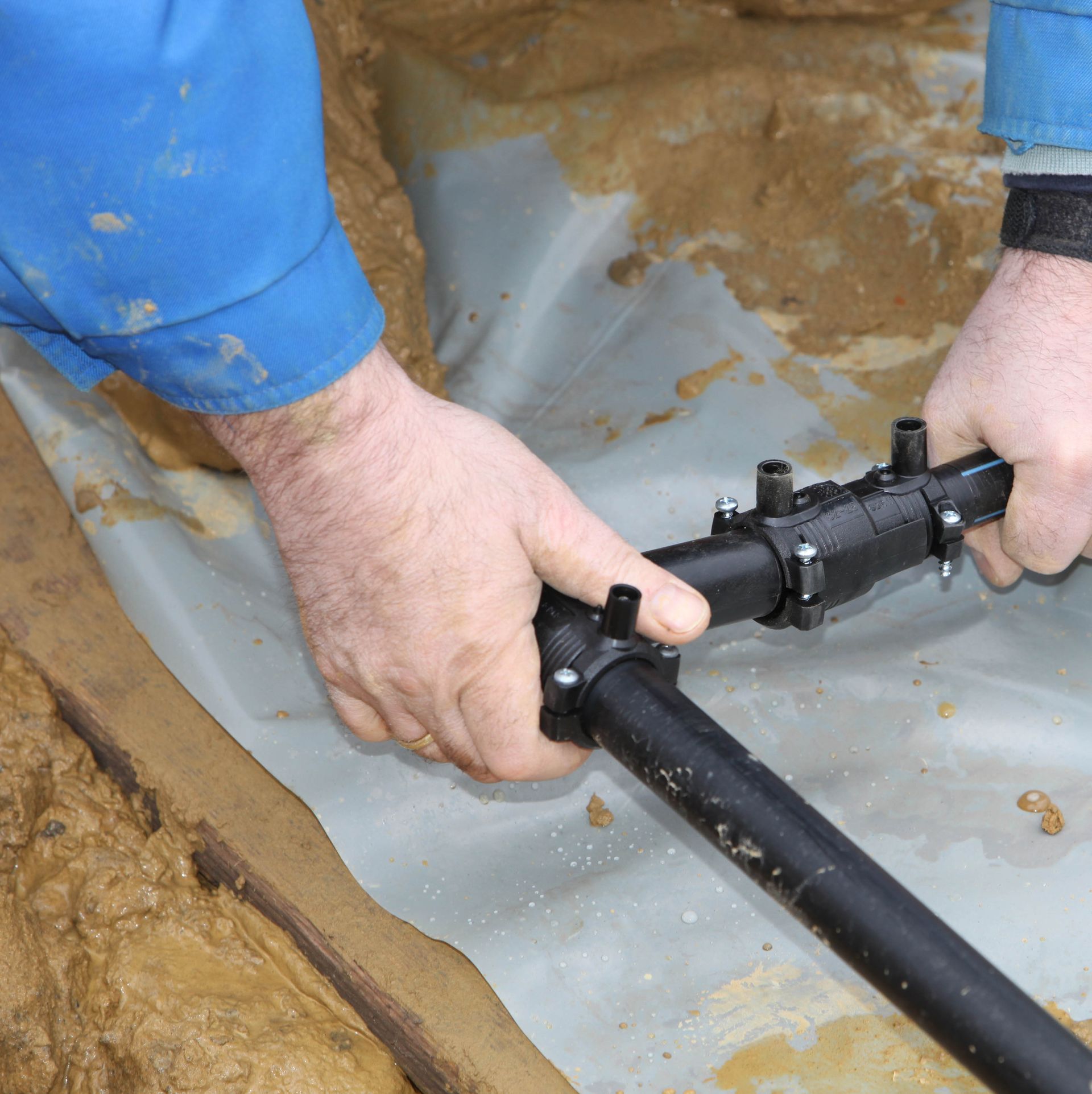
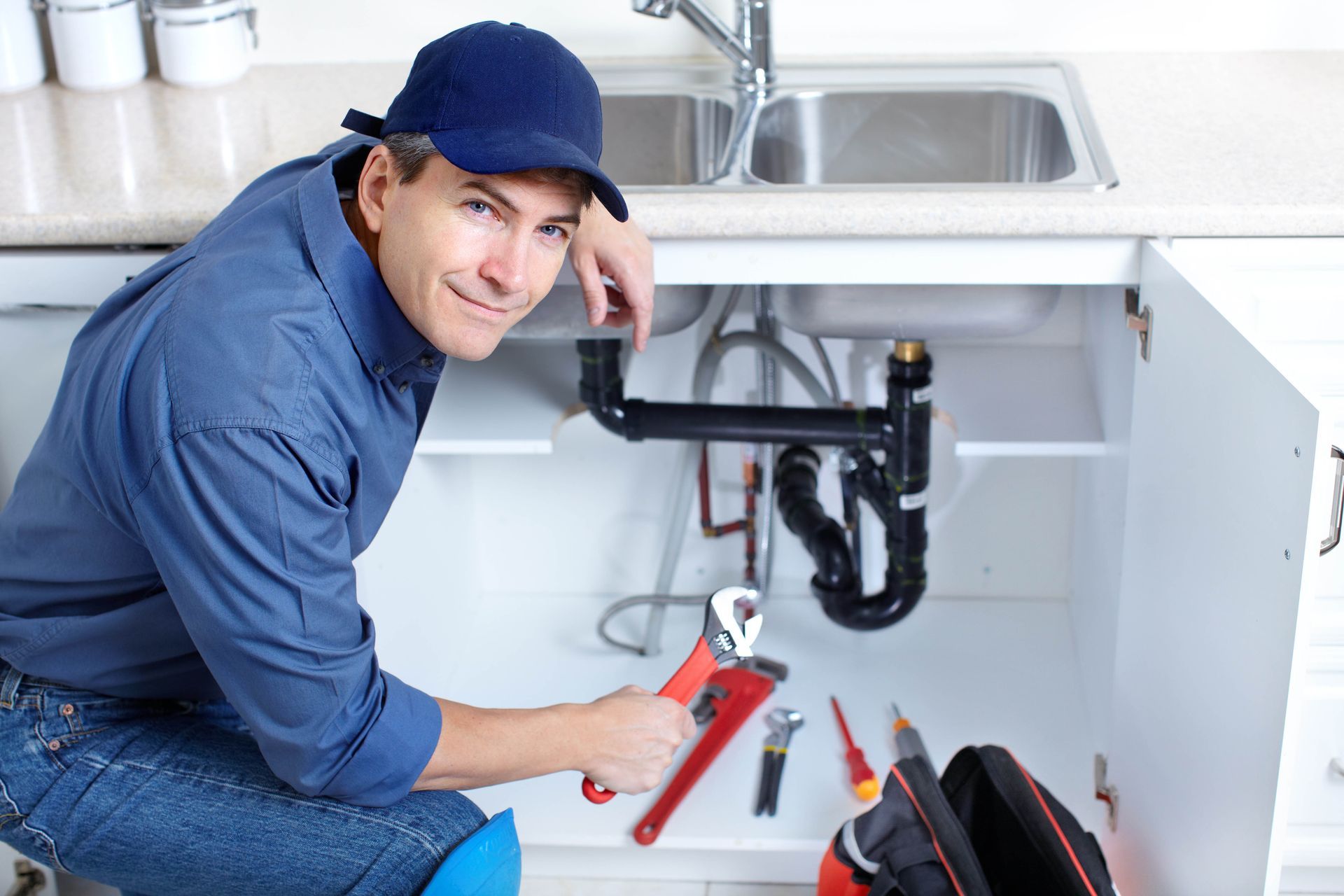
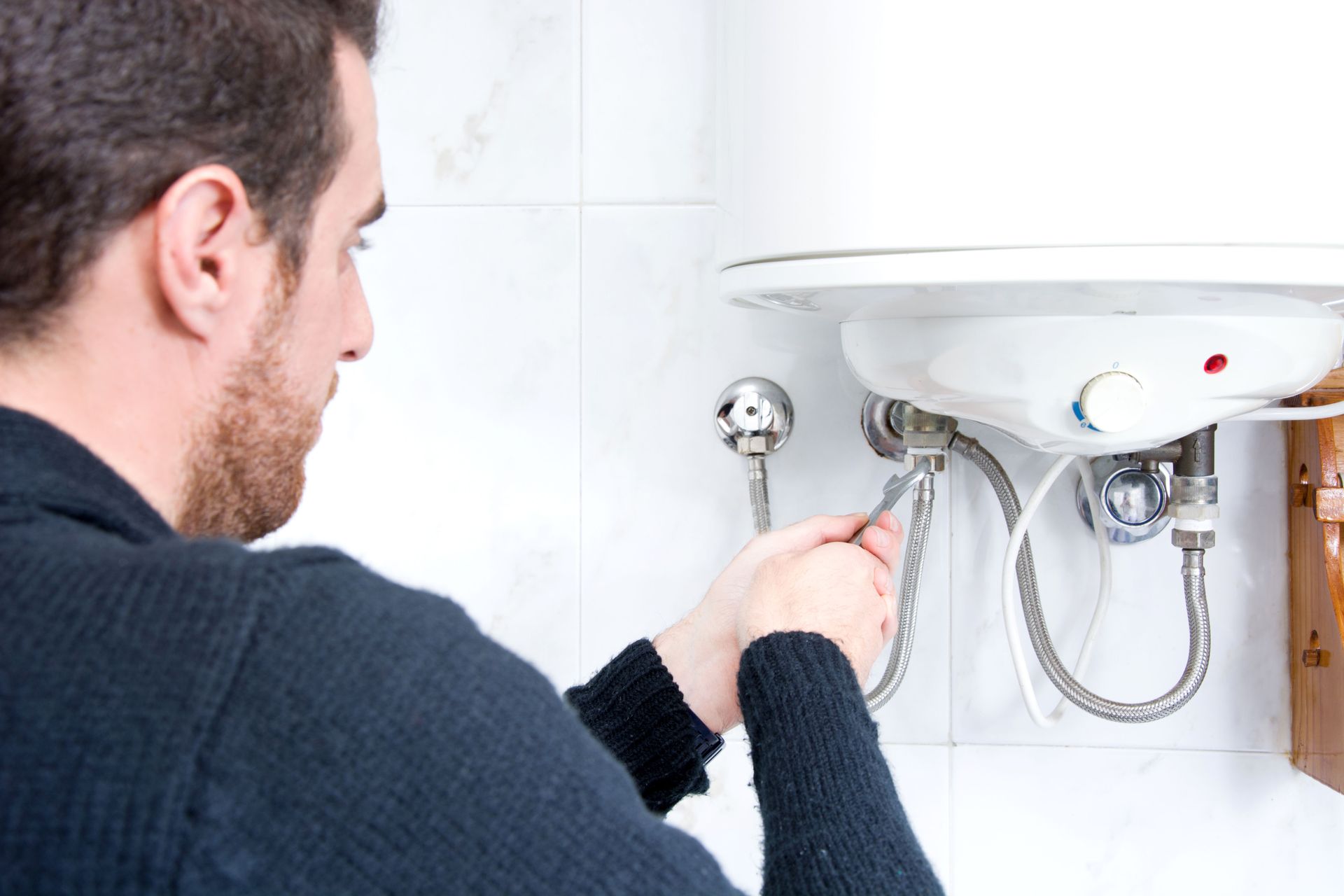
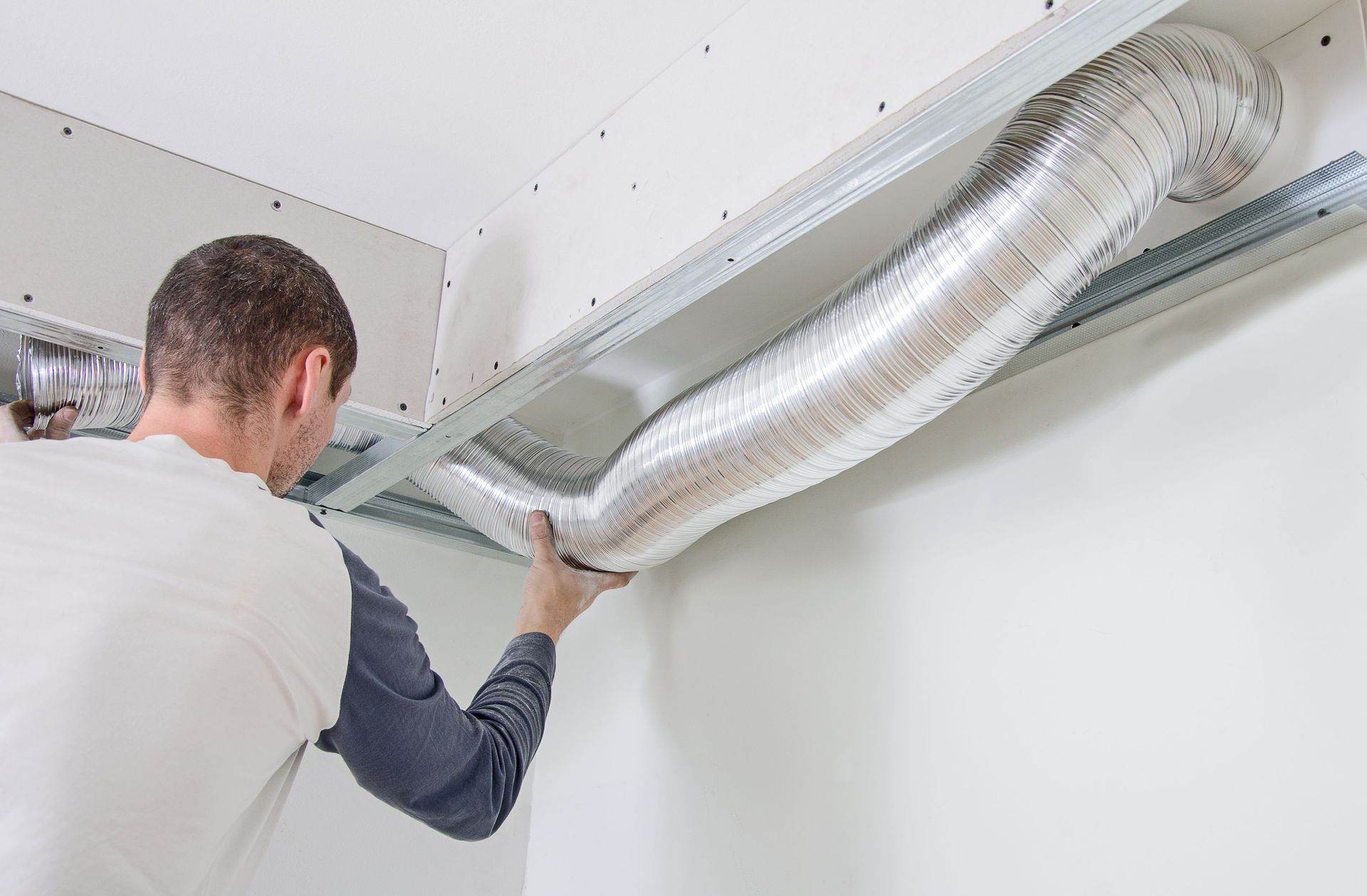
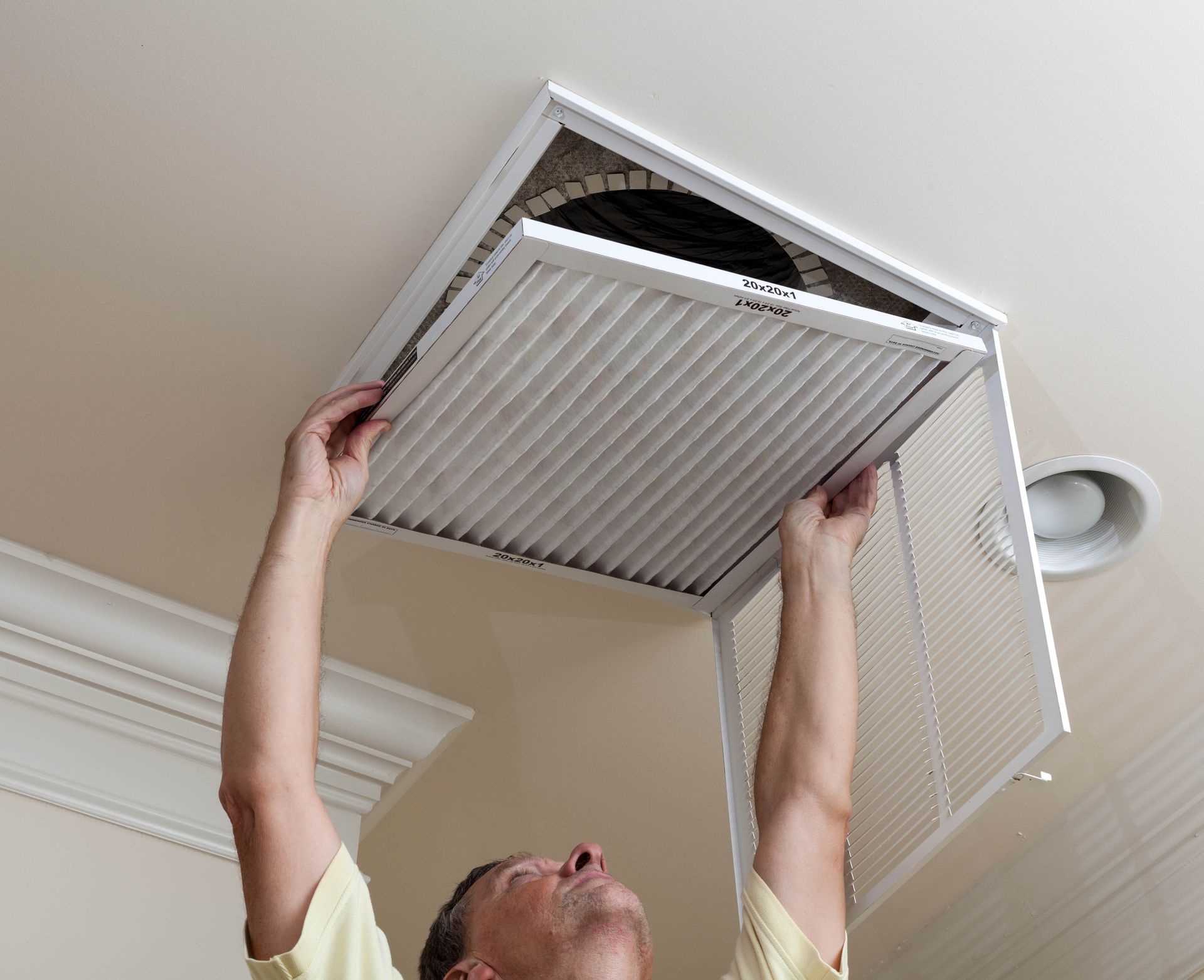
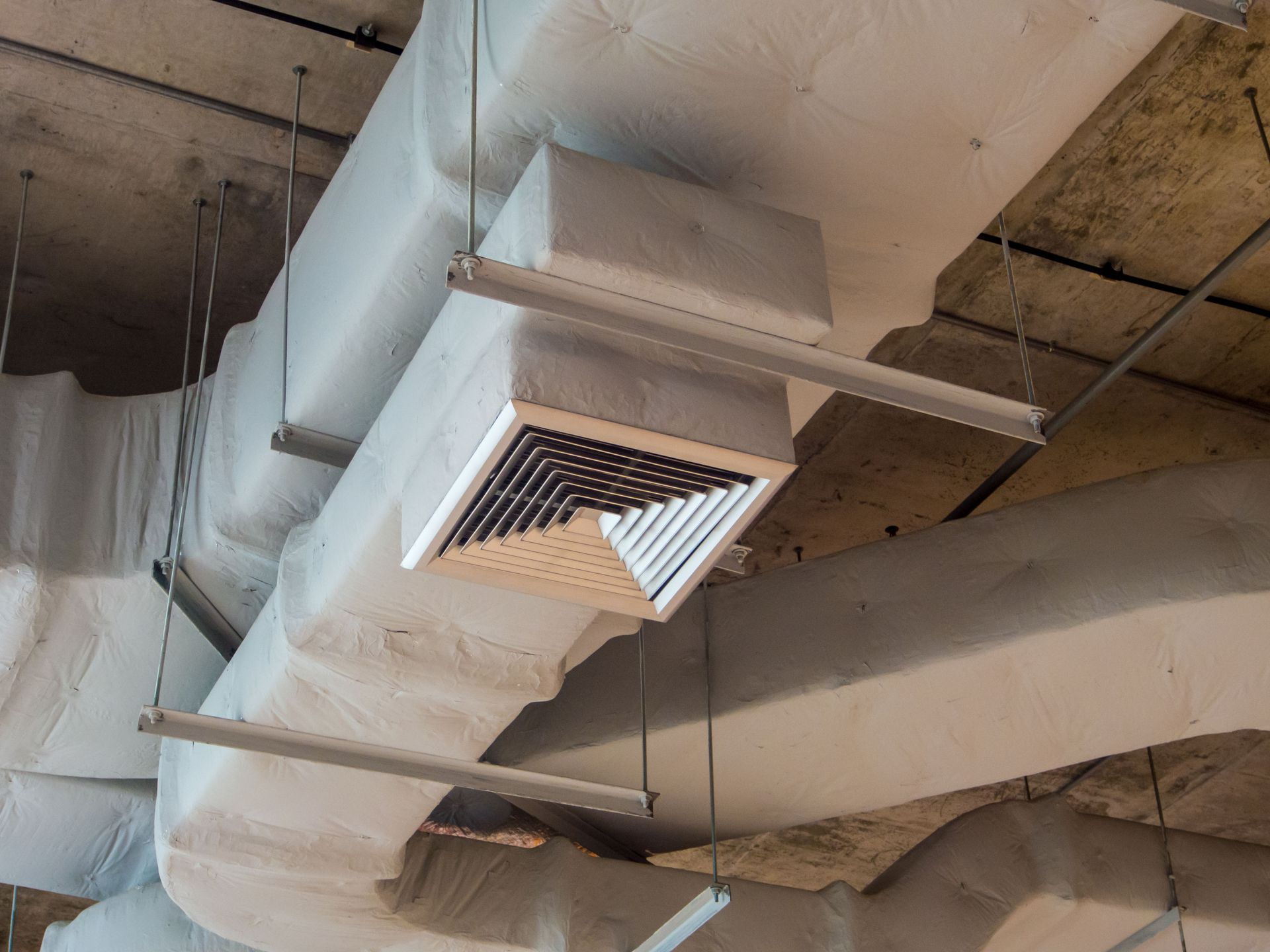
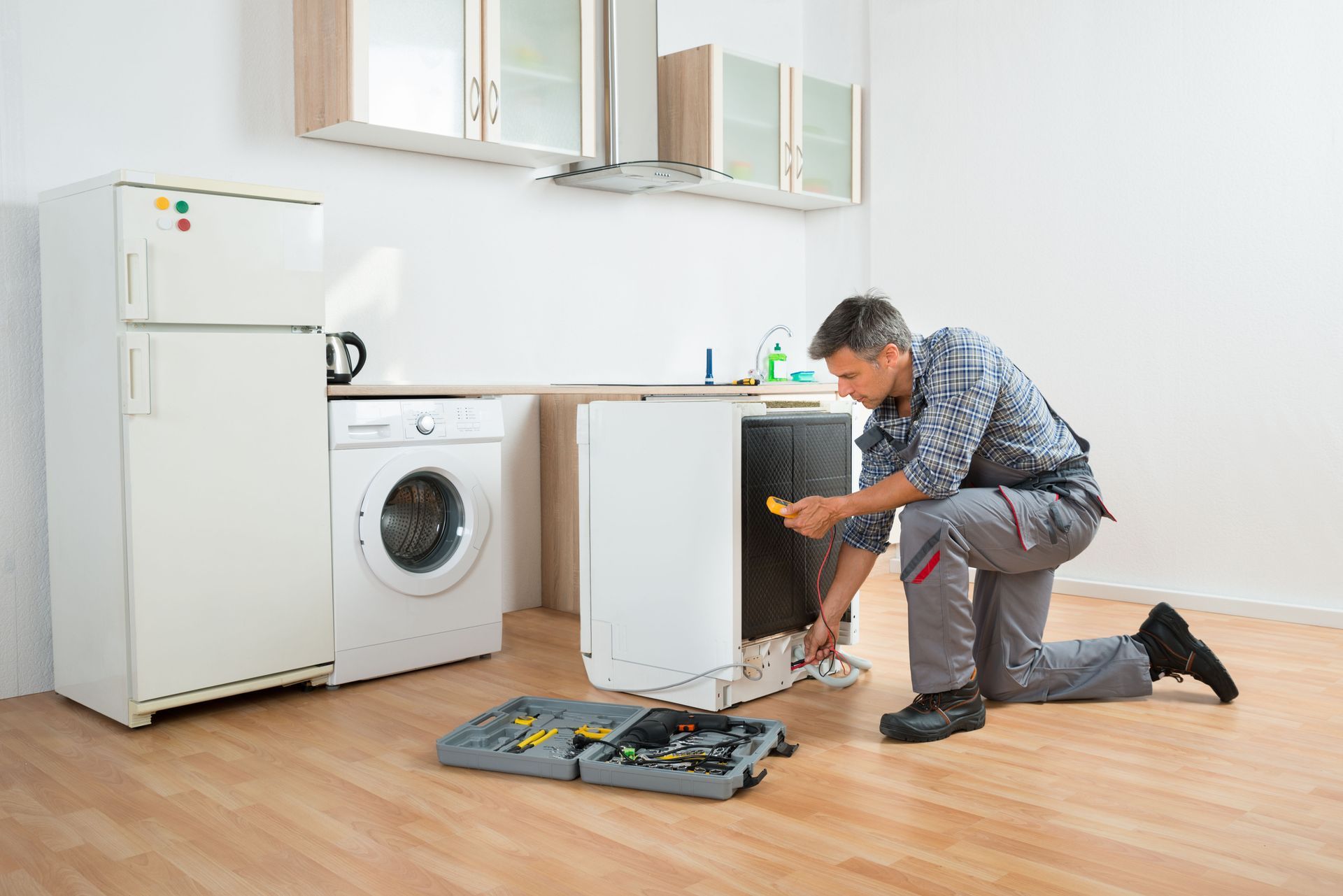
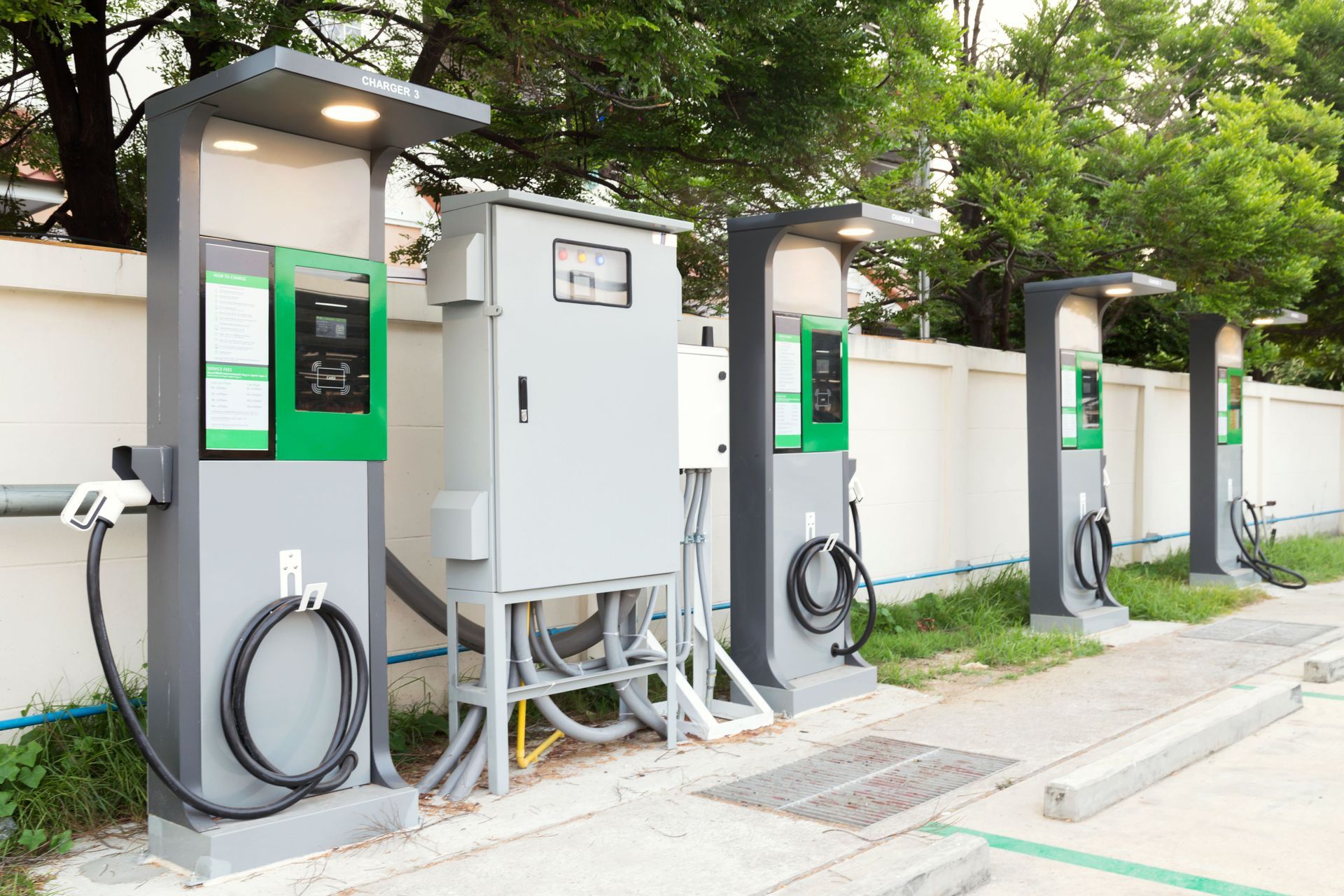
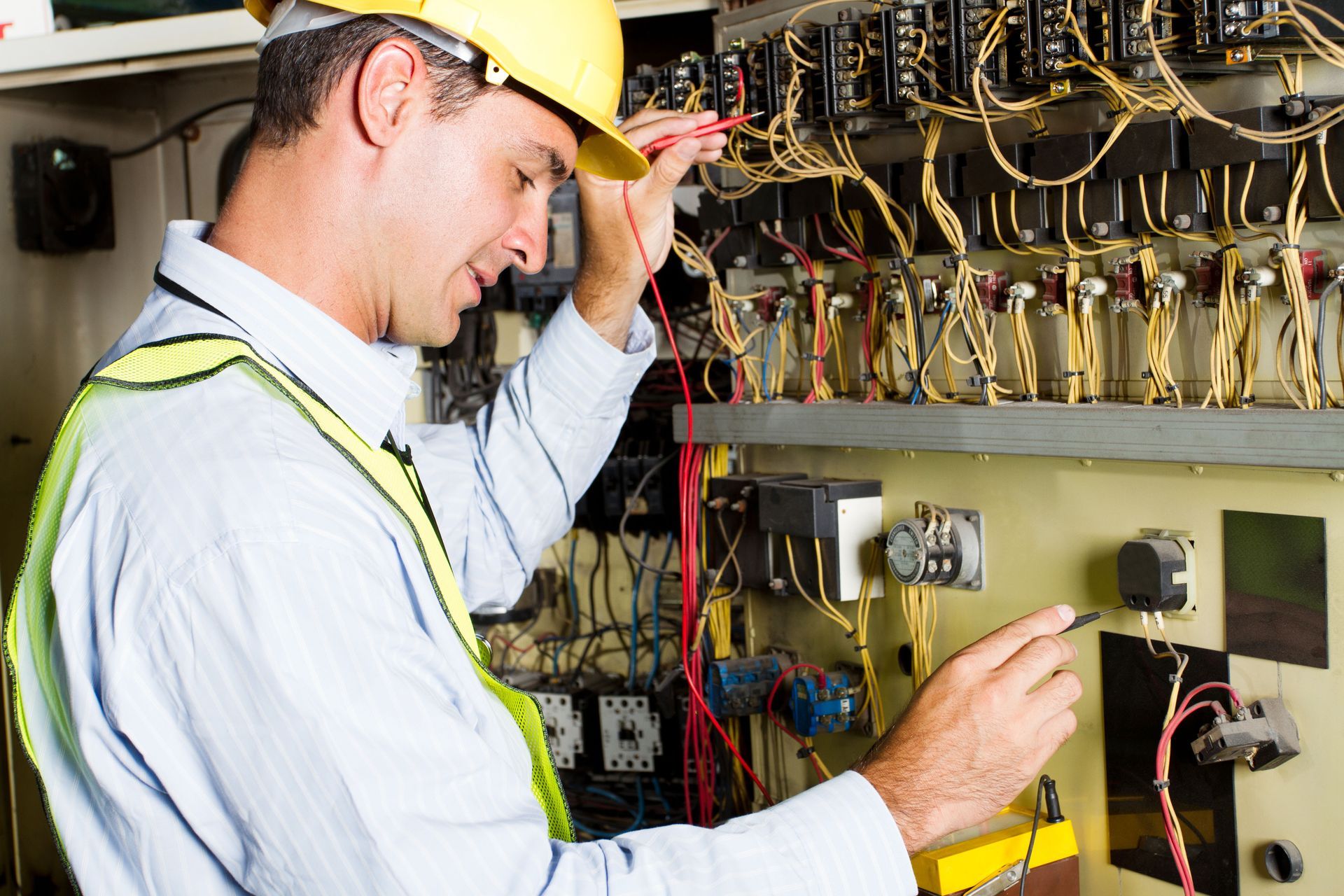
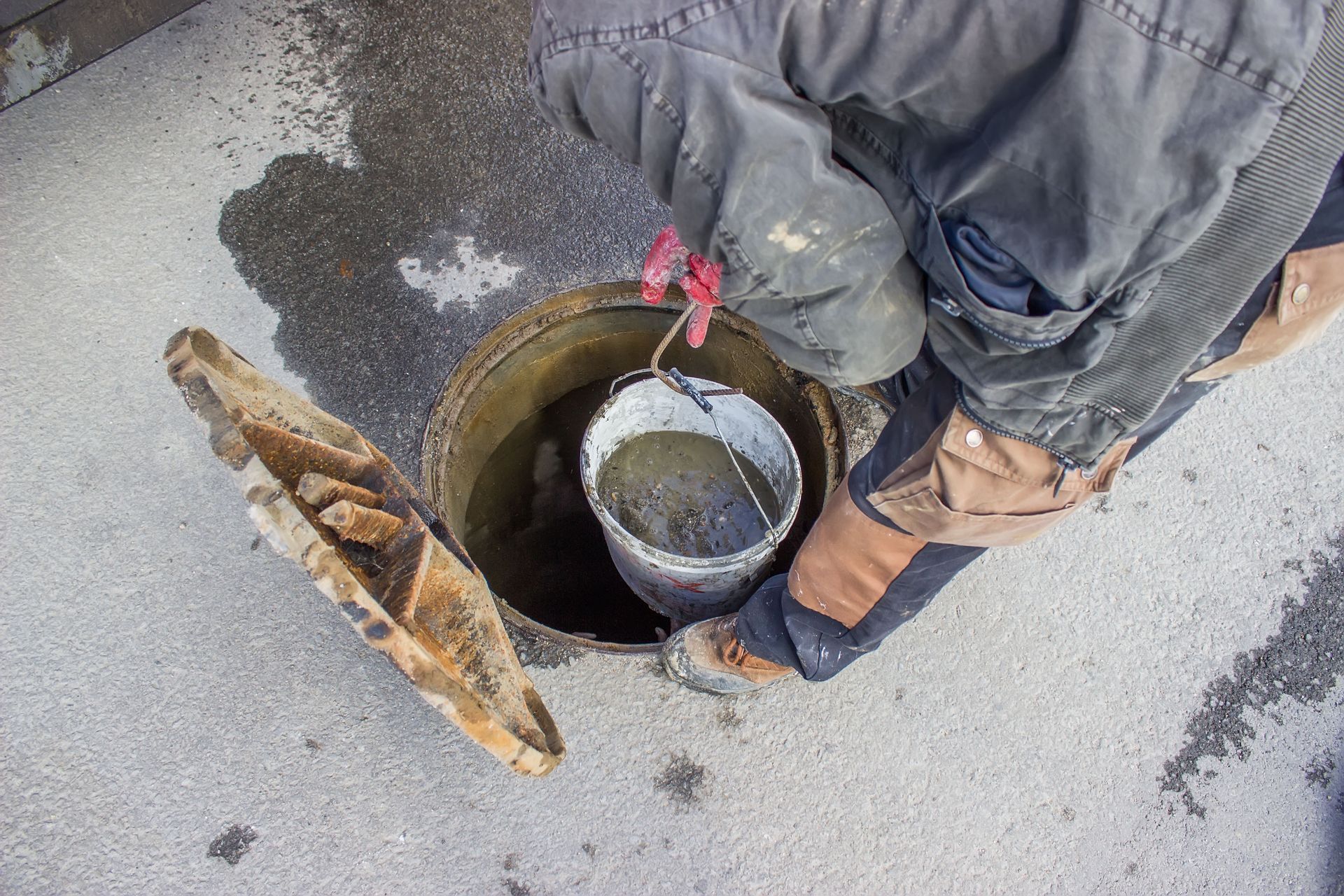
Share On: